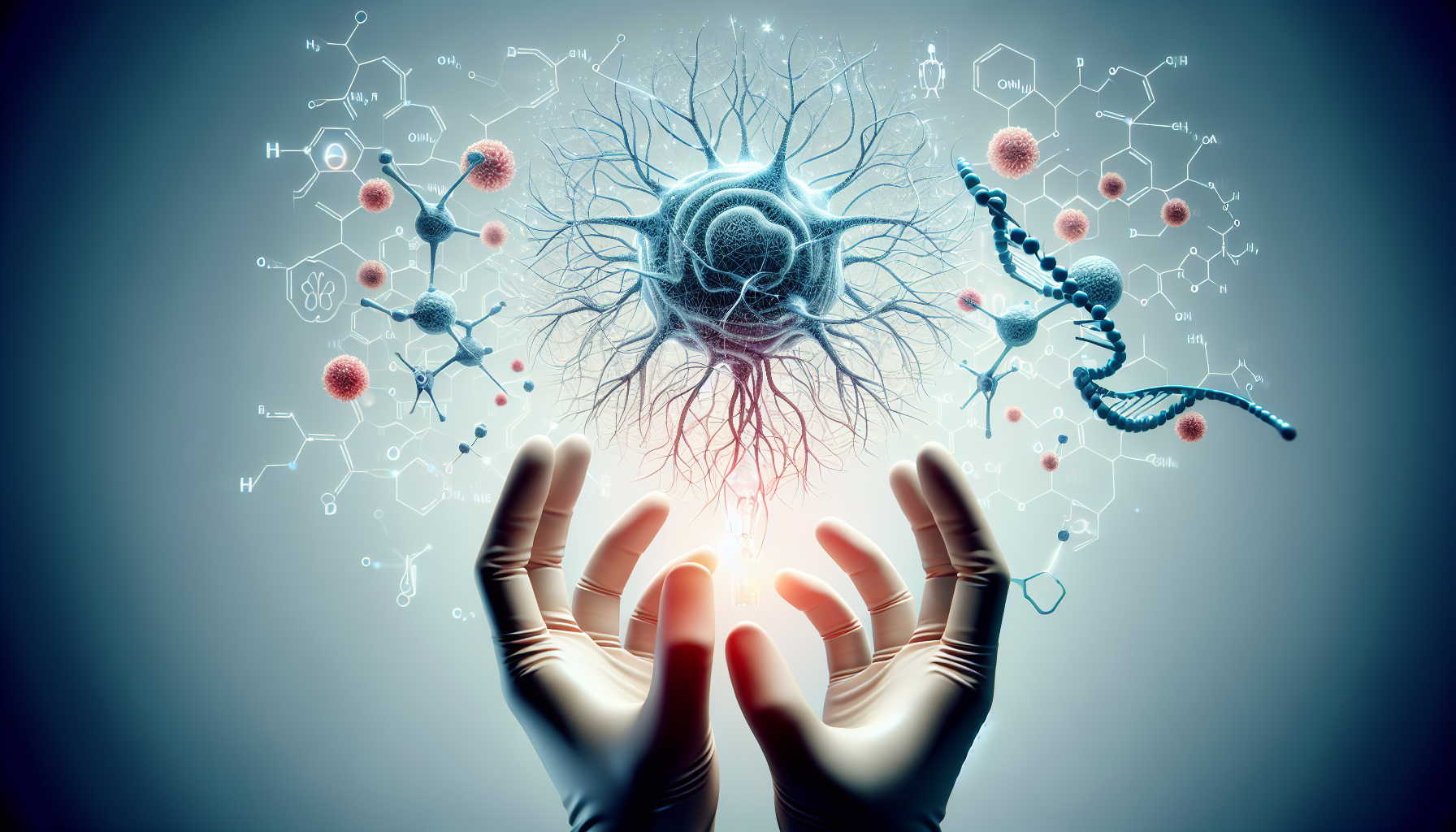New Hope for Opioid Addiction: INDV-2000 Shows Promise in Early Trials
Key Takeaways
- INDV-2000 is being evaluated in a Phase 2 study for its safety and efficacy in treating Opioid Use Disorder.
- This trial aims to determine the optimal dose and effectiveness in treatment-seeking individuals.
- INDV-2000 offers a potential non-opioid alternative for OUD treatment, targeting the orexin-1 receptor.
Did You Know?
Introduction to INDV-2000
Indivior PLC has recently advanced its research with the commencement of dosing for its novel treatment, INDV-2000, in individuals with Opioid Use Disorder (OUD). This innovative approach involves a Phase 2 double-blind, placebo-controlled, randomized study evaluating the safety and efficacy of this new therapy.
About the Phase 2 Study
The Phase 2 study spans three months and is designed to determine the optimal dosage of INDV-2000 for individuals with moderate to severe OUD. Participants are either new to treatment or have recently completed a short-term opioid withdrawal protocol. The primary aim is to gauge both safety and effectiveness in a subset of treatment-seeking individuals.
Participants are randomly assigned to either the INDV-2000 group or a placebo group. Initially, all participants receive treatment alongside transmucosal (TM) buprenorphine for the first seven days. Following this, they continue with INDV-2000 or placebo alone for the remainder of the trial period. The overall effectiveness and safety are assessed, with some participants potentially receiving buprenorphine rescue therapy in case of relapse.
The Science Behind INDV-2000
INDV-2000 is an orally administered drug that targets the orexin-1 receptor (OX1R). Orexin peptides are natural chemicals in the brain that play a role in motivation, reward, and arousal. By blocking OX1R, INDV-2000 aims to reduce the cravings and compulsive behaviors associated with opioid use.
Animal studies have demonstrated that OX1R antagonists can significantly reduce the consumption of various opioids, including heroin and fentanyl. These findings highlight the potential of INDV-2000 as a non-opioid treatment for OUD, offering a different mechanism of action compared to traditional opioid therapies.
Importance of Non-Opioid Treatments
The necessity for alternative treatments for OUD is critical due to the ongoing opioid crisis. Standard opioid treatments, while effective, often carry risks of dependence and other side effects. Non-opioid therapies like INDV-2000 may offer a safer and more sustainable solution for patients battling addiction.
OUD affects millions globally, disrupting essential brain functions related to reward, decision-making, and self-control. In the United States alone, millions of individuals have misused opioids in the past year, showcasing the urgent need for innovative treatment options.
Indivior's Commitment to SUD Treatments
Indivior has consistently focused on developing treatments for substance use disorders (SUD). The company's ongoing research and development efforts aim to provide comprehensive care for those affected by addiction, further supporting their mission to address unmet medical needs.
With a robust portfolio of products already addressing OUD, Indivior’s initiative with INDV-2000 represents an exciting step towards broadening the range of available therapies, particularly in the non-opioid category.
Clinical Trials and Safety
Previous clinical trials, including the Phase 1 studies, have established a favorable safety profile for INDV-2000. The transition to Phase 2 is a vital step in understanding the drug's potential benefits and risks.
The current Phase 2 trial will provide crucial data on dosage and long-term effects, paving the way for potential Phase 3 trials and eventual FDA approval, provided the outcomes are positive.
Conclusion
The introduction of INDV-2000 marks a potential breakthrough for individuals struggling with OUD. By providing a non-opioid alternative, it could significantly expand treatment options, offering hope to many seeking recovery from addiction.
As the opioid epidemic continues to impact lives worldwide, the development of new therapies remains paramount. Indivior's efforts with INDV-2000 reflect a promising advancement in the landscape of addiction treatment.
The Future of OUD Treatment
Looking forward, the success of INDV-2000 in clinical trials could revolutionize the approach to treating OUD. As more data emerges, the medical community eagerly anticipates the potential approval and widespread use of this novel therapy.
Indivior's dedication to research and innovation underscores the ongoing need to address the complexities of addiction with effective and safe treatment options.
References
- Indivior PLC Official Sitehttps://www.indivior.com
- National Institute on Drug Abuse - Opioid Overdoseshttps://www.drugabuse.gov/drug-topics/opioids/opioid-overdose-crisis
- ClinicalTrials.gov - Study NCT06384157https://clinicaltrials.gov/ct2/show/NCT06384157






